Feature
Dame Emma Kirkby: The quiet revolutionary
Share this
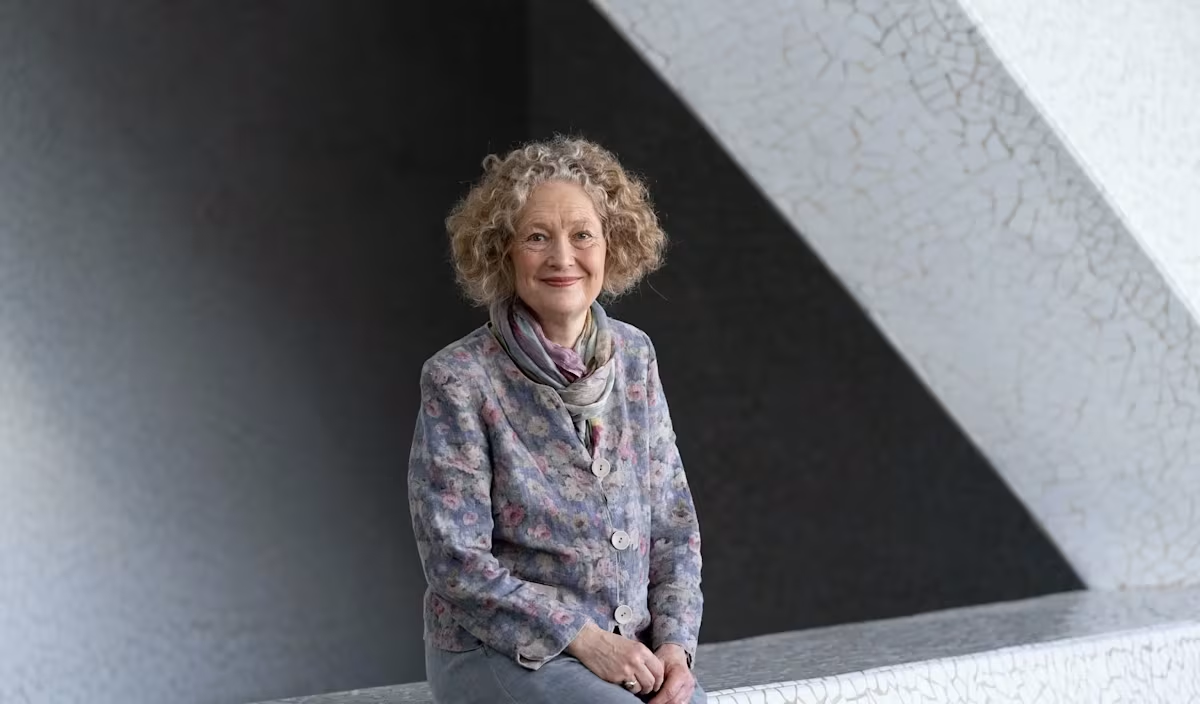
BY ASHUTOSH KHANDEKAR | FIRST PUBLISHED 24 AUG 2025
Want to see more like this? Sign up to our free fortnightly e-newsletter to receive the latest Early Music news, event listings, features and more straight to your inbox.
Dame Emma Kirkby is an iconic figure in the Early Music scene. Her pure, precise and intensely focused singing set a new measure for authenticity in Renaissance and Baroque performance practice, influencing a generation of singers in matters such as tone, vibrato, phrasing and above all, in the communicative power of the text. She was awarded a DBE in 2007, and in 2011, she became the sixth recipient of the Queen's Medal for Music. In 2019, Gramophone Magazine presented her with a Lifetime Achievement Award for Services to Music, and she has been a Patron of Continuo Foundation since 2020. In an exclusive interview for Continuo Connect, Ashutosh Khandekar spoke to Dame Emma about her influential 60-year career in the Early Music world.
Think back to Britain in the Swinging Sixties. Beatlemania was sweeping the land and teenage girls were spending many happy hours glued to their transistor radios blasting the latest chart toppers from the Hit Parade. Meanwhile, in the depths of Dorset at Sherborne School for Girls, the 14-year-old Emma Kirkby was having her own rather quieter musical epiphany. Kirkby remembers the moment well: ‘One of my music teachers, Augusta Miller, was an incredibly enterprising young woman who started a madrigal group in the school in 1963, when the Early Music revival was just getting under way. She went on to be the Director of Music at Sherborne for several decades and is still thriving, now in her 80s. She introduced me to William Byrd’s Four-part Mass, and I was knocked sideways by it. Byrd’s polyphony was unlike anything I’d heard before – intricate, alive, and somehow speaking directly to me. From then on, all the way through school, I just sang my head off. I loved it – and I’ve never stopped!’
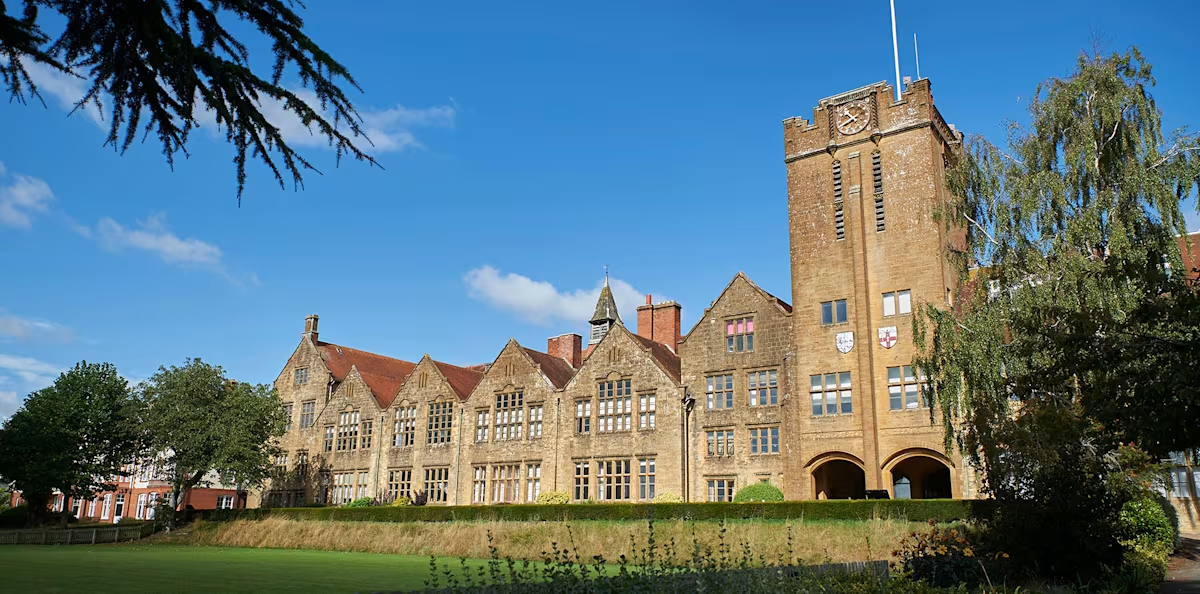
Few singers can be said to have changed the way we hear music. Dame Emma is one of them. With her pure, crystalline soprano and uncompromising devotion to text and style, she helped transform our understanding of the Renaissance and Baroque sound, and in doing so became a central figure in the Early Music revival of the late 20th century.
When we spoke, she had just returned from Florence where she had been coaching a group of around 20 young singers for The Mascarade Opera Foundation’s Medici Project, performing Renaissance and Baroque polyphony in churches across the city. For Kirkby, the experience still fills her with the same sense of wonder that she felt in her earliest encounters with Renaissance polyphony: ‘I remember being in Florence just recently, hearing a newly discovered five-part motet being sung by a fantastic ensemble, including male sopranos. They were standing below the famous Crocifisso di Santo Spirito, carved by Michelangelo when he was a teenager and now hanging in the church for which it was created. Here were five young men singing absolutely perfectly, bringing to life a long-lost masterpiece of Florentine polyphony from the 15th century, under Michelangelo’s beautifully lit crucifix in its original ecclesiastical setting. It was so immediate, the centuries just melted away and it really brought home the evocative, life-enhancing qualities of this kind of music-making.’
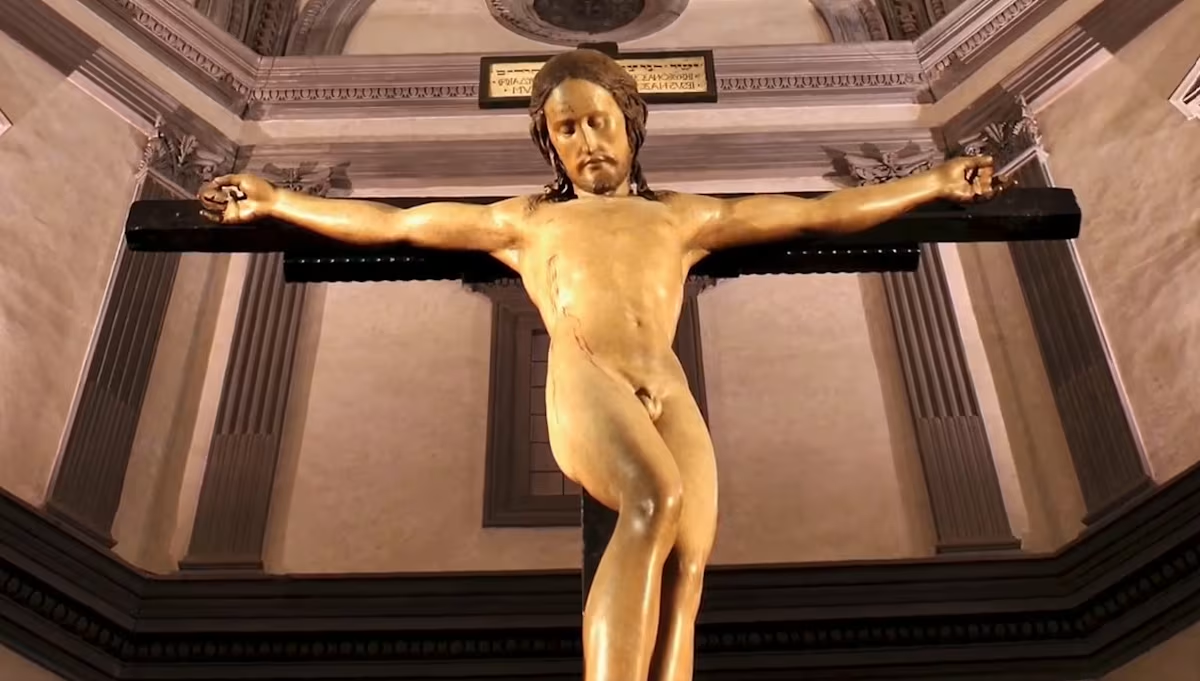
An academic rather than musical life became Kirkby’s focus on leaving school. For all her love of singing, a professional career in music didn’t seem possible. She won a place to read Classics at Somerville College, a women-only establishment, during the latter part of the 1960s. Choral singing in Oxford at the time was something of an all-male bastion, the preserve of college choirs with boy trebles and countertenors on the upper parts. The one exception was the Schola Cantorum, a mixed choir founded by the musicologist and conductor László Heltay in 1960.
Under its then music director, Andrew Parrott, the choir was making a name for itself specialising in early polyphony. Eager to join, Kirkby auditioned for the Schola Cantorum in her first term at Oxford – and didn’t get in! ‘I think there was a surfeit of sopranos, as usual. My voice must have sounded very young at the time, and my sight-reading was pretty ropy.’ Undeterred, Kirkby auditioned again in her second term. This time, her talents shone through, and her audition was successful.
Training her voice was still not a priority during her university years: ‘Even when I was singing with Schola, I never really applied myself to getting a proper singing technique.’ That training started when Kirkby was unexpectedly invited by the leading lutenist Anthony Rooley to sing in the recently formed Consort of Musicke.
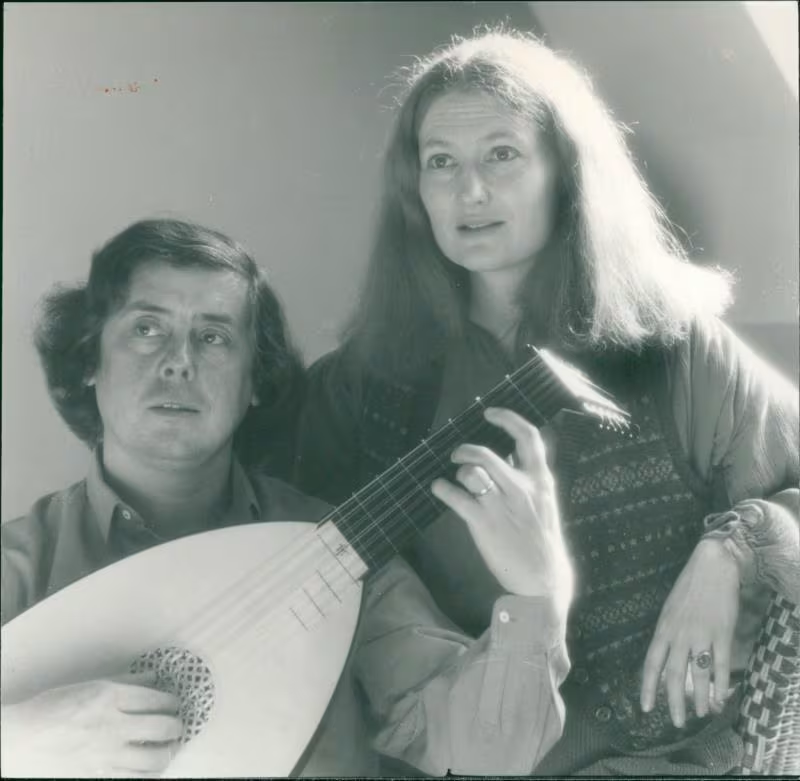
‘After Oxford, I spent a few happy years teaching Classics in a friendly comprehensive school just outside Reading. I had been singing in my spare time for my then-husband Andrew Parrott and his Taverner Choir. It was just a hobby, really. Anthony Rooley was looking for a particular kind of voice that would balance the lute better in his ensemble. He heard me singing and asked me to take part, on a professional basis, in a recording he was about to make. My immediate reaction was, “That’s just mad! I haven’t got a technique!” His response was, “Well, go and get one then!” It was as simple as that, really.’
The recording sessions were a matter of months away, so Kirkby immediately set about trying to find a singing teacher who understood her voice. Kirkby’s pure, straight tone was unconventional at a time when the likes of Montserrat Caballé and Joan Sutherland were inheriting the mantle of Maria Callas in the soprano diva stakes. ‘I had other singing friends, mainly in Oxford, who were having lessons with a teacher called Jessica Cash, based in Ealing in West London. They all seemed to come out of her lessons singing very happily, so I decided to give her a try. She was just wonderful! I was very, very lucky to find her.’
Cash had an eclectic list of singing students, so she was open to working with all sorts of voices (including the soprano Lesley Garrett who went on to become a popular TV personality). ‘Jessica was never a specialist in Early Music,’ says Kirkby, ‘and when I sang to her, she would say, “Hmmm... I’m not sure I would do it like that, but if that’s the way you really want it, we’ll make it work.” There were little battles early on, because Jessica would make me produce a certain sound and I would say, “I can’t possibly do that, that’s not me!” And she’d say, “Well, you just did it. That is your voice, you know!” She was basically getting me out of my head and into my body. The exciting thing about performing Early Music is that it fills your head with thoughts and ideas, but the body isn’t allowed to join in enough. It takes a while to embed one in the other.’
Dame Emma Kirkby performing ‘Aus Liebe will mein Heiland sterben’ from St Matthew Passion, BWV 244 with Brandenburg Consort & Stephen Cleobury
Through Cash’s training, Kirkby consolidated her technique without losing the essence of her natural, unaffected voice. Her sound, free from vibrato, supple, playful, searing in its purity, has won almost universal praise. A few detractors have said they find it ‘bloodless’ and ‘overly cerebral’, but Kirkby takes the criticism in her stride: ‘I was never really aiming for an “authentic” style of singing,’ she says. I sought out repertoire from a certain era of history, because I loved the sound of it. I just tried to express the feelings and words in my own way, with my own voice. Nowadays, there’s a wonderful variety of approaches within Early Music, which is great. Different personalities and their voices should sound different, as long as the words come through. One of the great joys of performing is being able to listen to other musicians, and I took my lead from the instruments I was hearing around me. I was inspired by the sounds of the viols and early winds and natural brass instruments, and above all, the lute.’
Dame Emma Kirkby & Jakob Lindberg performing Pierre Guédron's ‘Cesse mortels de soupirer’ (‘Musique and Sweet Poetrie – Jewels from Europe around 1600’, BIS Records)
Lute songs, and especially those of John Dowland, have formed a cornerstone of Kirkby’s career. She describes Dowland’s music as ‘home’: ‘It’s comfort food for me and the songs have always inspired me as a singer. Words and diction are an absolute obsession of mine, and nowhere in music are they more important than in the lute song repertoire. The songs look so simple on the page – and indeed anyone can sing them: you don’t need any sort of fancy technique… but there’s real subtlety there too. Every time I come back to these songs, I discover more and more interesting ways to approach them. There are so many layers.’
Kirkby’s album of lute songs with her one-time partner Anthony Rooley, Time Stands Still, has become a model for our understanding of this repertoire. ‘Anthony always used to say, in his broad Yorkshire accent, “The sound of the lute always starts at nowt and then tapers off…” In other words, you pluck it and then it vanishes – which leaves the singer very exposed. But when you get used to it, it's actually rather intoxicating, because it frees you to do anything you want with the words and the expression in the music. It’s about persuasion rather than volume.’
Dame Emma Kirkby & Anthony Rooley performing the titular track from Time Stands Still: Lute Songs by Dowland & his Contemporaries
That subtle, but persuasive, quality can be heard on more than 100 recordings that feature Kirkby, made over a career spanning 60 years. One memorable classic is the acclaimed 1980 recording of Handel’s Messiah with Christopher Hogwood and the Academy of Ancient Music, in which she performs soprano versions of arias that Handel had originally arranged for the great virtuoso castrato Gaetano Guadagni.
‘Chris Hogwood had a huge impact on my life,’ Kirkby recalls. ‘The work I did with him took my singing and my reputation as an artist to a new level. I was incredibly lucky to get to sing on the Messiah recording, because actually Christopher’s ‘resident soprano’ at the Academy of Ancient Music was Judith Nelson, a lovely singer from America who had already been booked to sing the soprano solos for Messiah. Meanwhile Christopher wanted to use his great buddy James Bowman to sing the countertenor arias. However, James suddenly went down with pharyngitis, which ruled him out of doing any singing for nearly a year. There were not so many other countertenors around in those days, and in any case, Christopher couldn’t bear to ask anyone else. James had such a special voice.’
Hogwood recalled that in 1754 Handel had made a version of Messiah for his favourite charity, The Foundling Hospital, featuring two prominent Italian sopranos, Giulia Frasi, who had sung in the world premiere of the work, and Christina Passerini, a singer with a high, agile voice who had recently arrived in London from Italy. ‘I was brought in to sing the Passerini arias,’ says Kirkby ‘That was just perfect for me, since I wasn’t a very experienced Handel singer, and the two-soprano version was hardly ever done, so there was nothing for anyone to compare it with.’
Dame Emma Kirkby with the Academy of Ancient Music & Christopher Hogwood | 'If God be for Us' from Handel's Messiah
Modesty would prevent her from mentioning it, but Kirkby has won armfuls of critical and public accolades over the decades for her work, which has ranged from Renaissance madrigals, liturgical music and lute songs to substantial oratorios by Bach and Handel. As a measure of the extent to which she has brought her Early Music into the mainstream, in 1999 she was voted Artist of the Year by listeners of Classic FM Radio. Her investiture as a Dame of the British Empire in 2007 coincided with a South Bank episode dedicated to her career, presented by Melvyn Bragg and entitled Emma Kirkby: The Unsung Heroine. The same year saw her voted among the ‘100 greatest sopranos’ by BBC Music Magazine. In 2010, she became the sixth recipient of the Queen's Medal for Music.
In 2019, when she turned 70, she was presented with Gramophone's Lifetime Achievement Award, where the awards panel referred to her ‘revolutionary’ effect on music: ‘Not many can be said to have radically changed the sound of music in our time,’ the citation read. ‘She has been one of the most powerful forces in the Early Music revival across nearly 50 years, and thus a key part of one of the most important and influential movements in today’s musical world.’
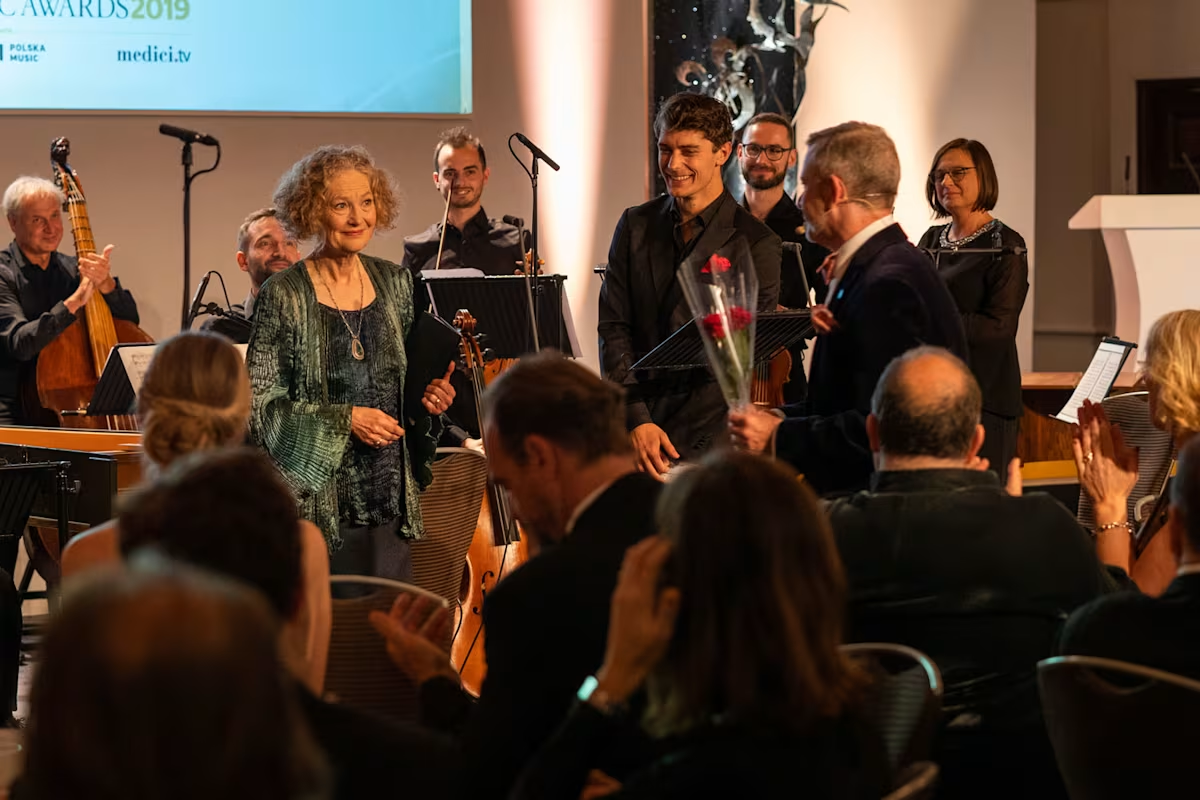
That legacy continues undimmed, and Kirkby acknowledges that today’s Early Music world is more vibrant than ever. ‘There’s so much still to discover, and so many scores that keep emerging from the depths of libraries and private collections, with musicians who know exactly how to perform them and get them to be more widely known. Here in the UK, it’s extraordinary how much is going on, from groups using weird and wonderful combinations of instruments and performing in unconventional spaces, to ensembles exploring obscure corners of the repertoire. I’m particularly delighted by the rise in vocal consorts. When I started, there were maybe a dozen specialist vocal ensembles worldwide; now there are that many in each country.’
Though her focus these days is on teaching rather than performing, Kirkby’s occasional recitals and ‘teacher’s concerts’ show that, aged 76, her voice has remained remarkably fresh over the decades. Careful pacing and sharing the limelight, she says, is a vital part of a long, happy career. ‘I’ve always enjoyed collaborating with other artists. I’ve very rarely, if ever, sung solidly by myself for an entire evening without breaks and a chance to listen to others.’
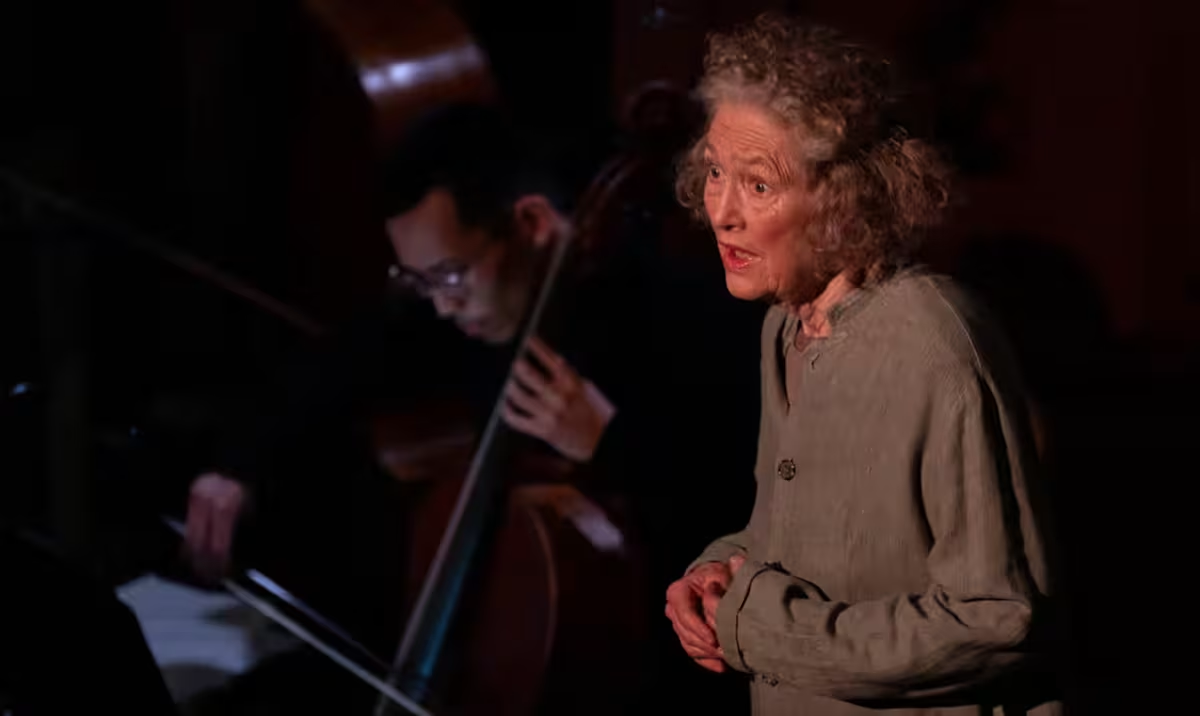
She remains a firm advocate for live performance. ‘Early music particularly benefits from the intimacy and immediacy of live spaces,’ she says. ‘London, for example, may lack a perfect concert hall, but it has countless wonderful churches and historic buildings which are the natural home of this repertoire. In modern concert halls with dry acoustics, you have to adjust your voice – perhaps think in terms of a bit more vibrato, a bit more tonal “coating”. But you should never lose the clarity of the text. That’s completely non-negotiable!’
As our conversation draws to a close, it’s clear that Kirkby’s career has been guided less by rigid planning than by a spirit of openness – to repertoire, to collaboration, and to the particular magic of performing in the right place at the right time. ‘I’ve been very lucky all my career,’ she says simply. ‘Music has always led me to where I’ve needed to be.’
Share this
Keep reading
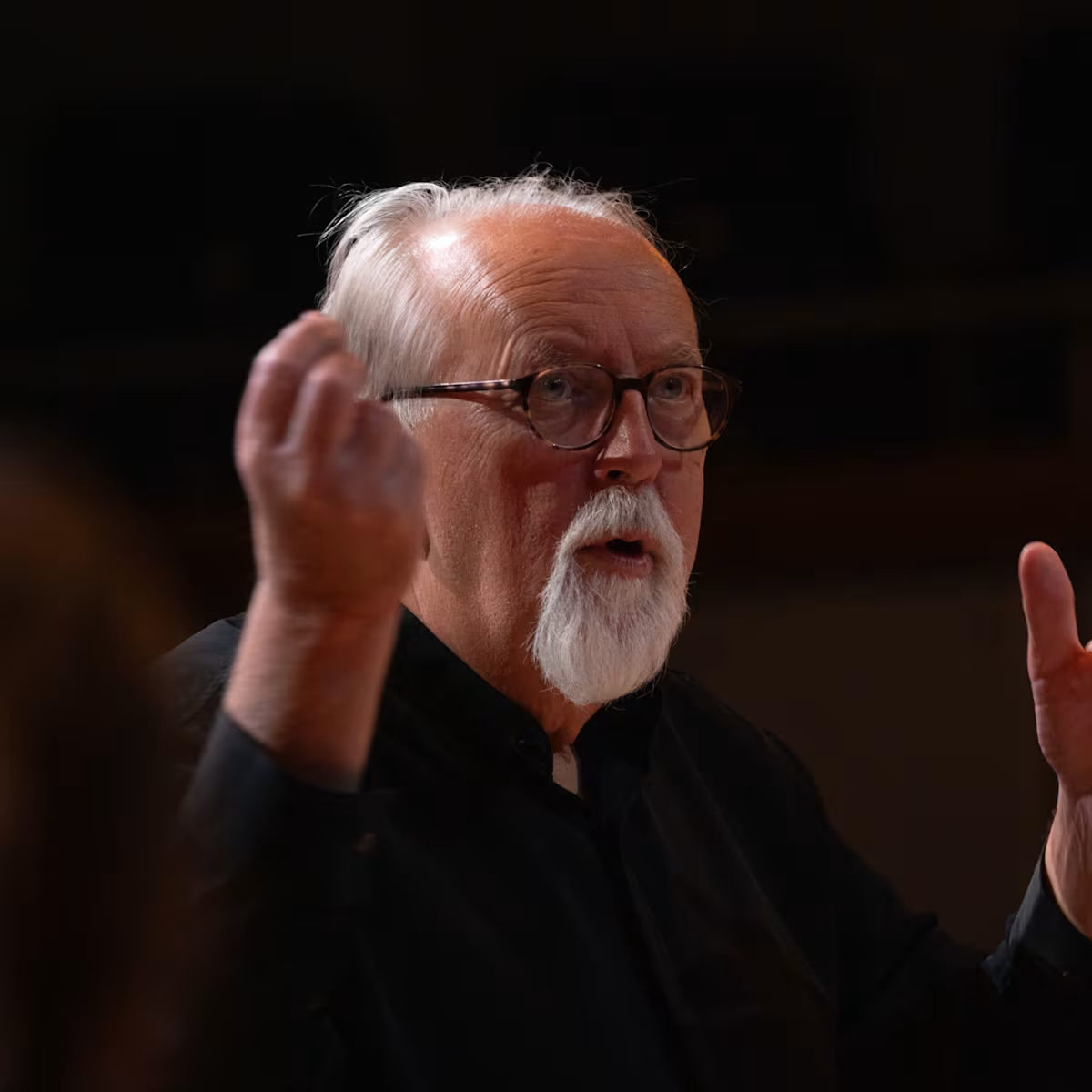
Jeffrey Skidmore: Made in the Midlands
As he approaches his 75th birthday, Jeffrey Skidmore reflects on a career that has shaped musical life in Britain in distinctive ways.
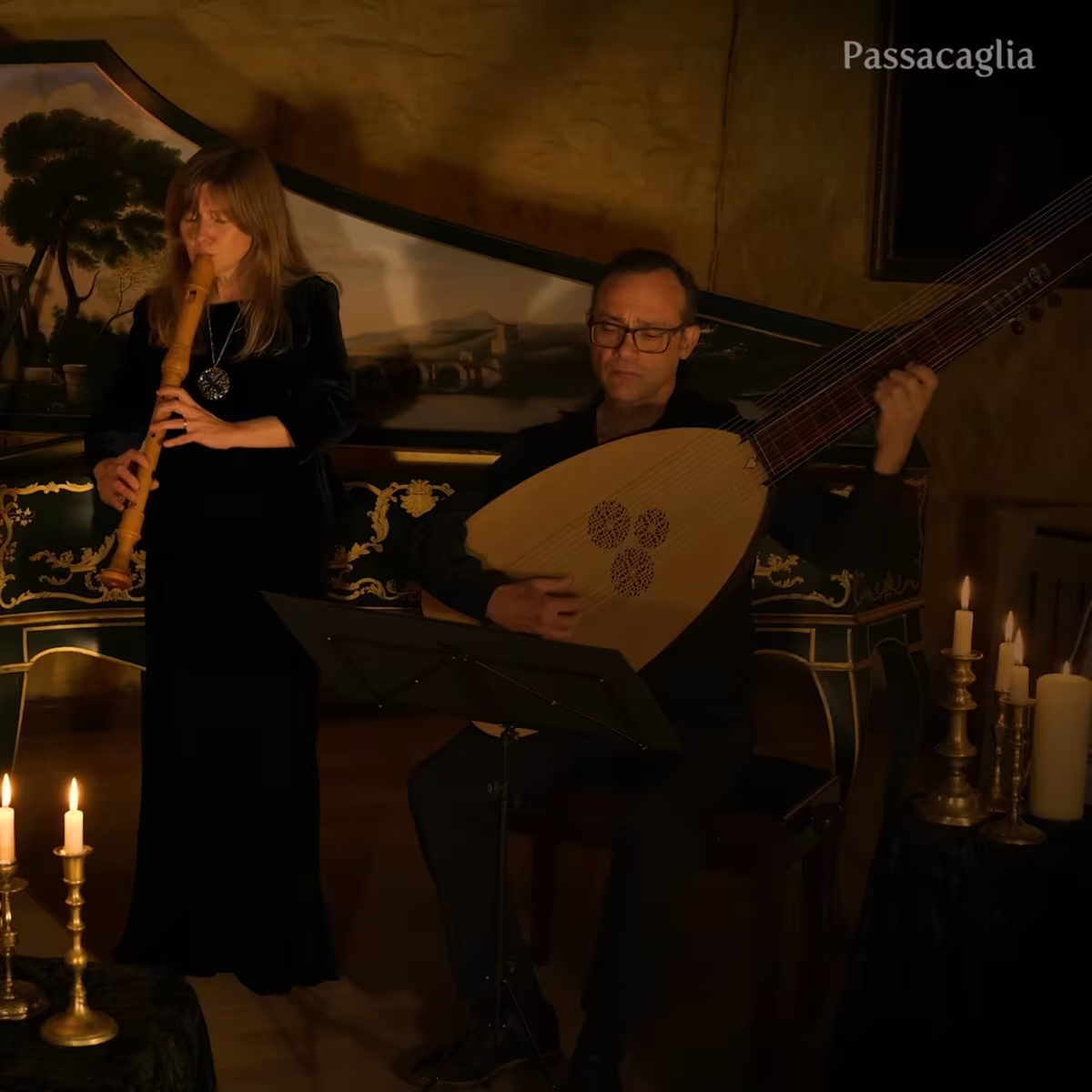
Passacaglia | Danican-Philidor ‘fils aîné’: ‘Le tombeau’
Passacaglia performs ‘Le tombeau’ in a video from their forthcoming album, ‘La Parisienne’, showcasing the music by the Danican-Philidor family.
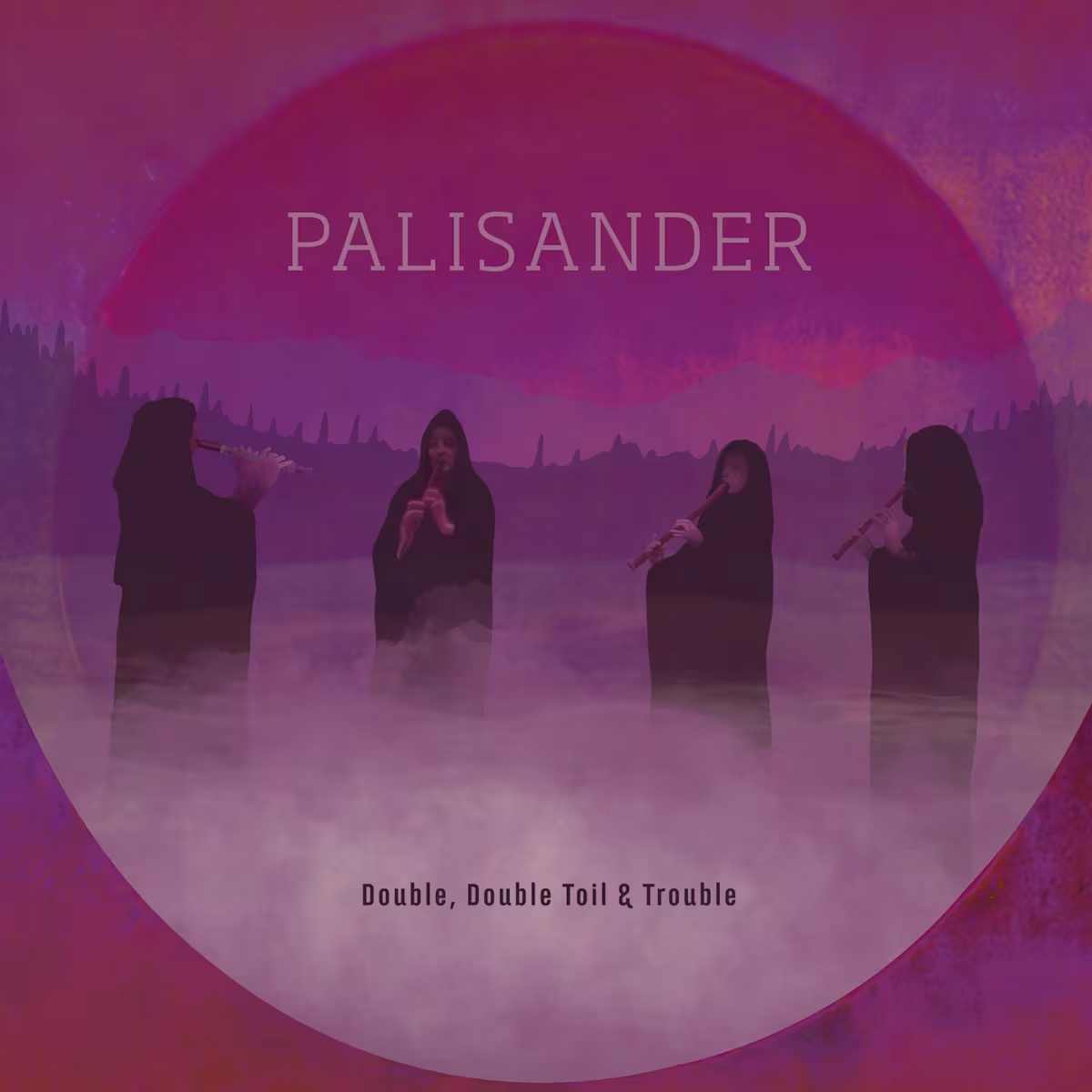
Double, Double Toil & Trouble | Palisander
Palisander’s new album, Double, Double Toil & Trouble, features repertoire spanning 900 years, inspired by the mystical and magical.


